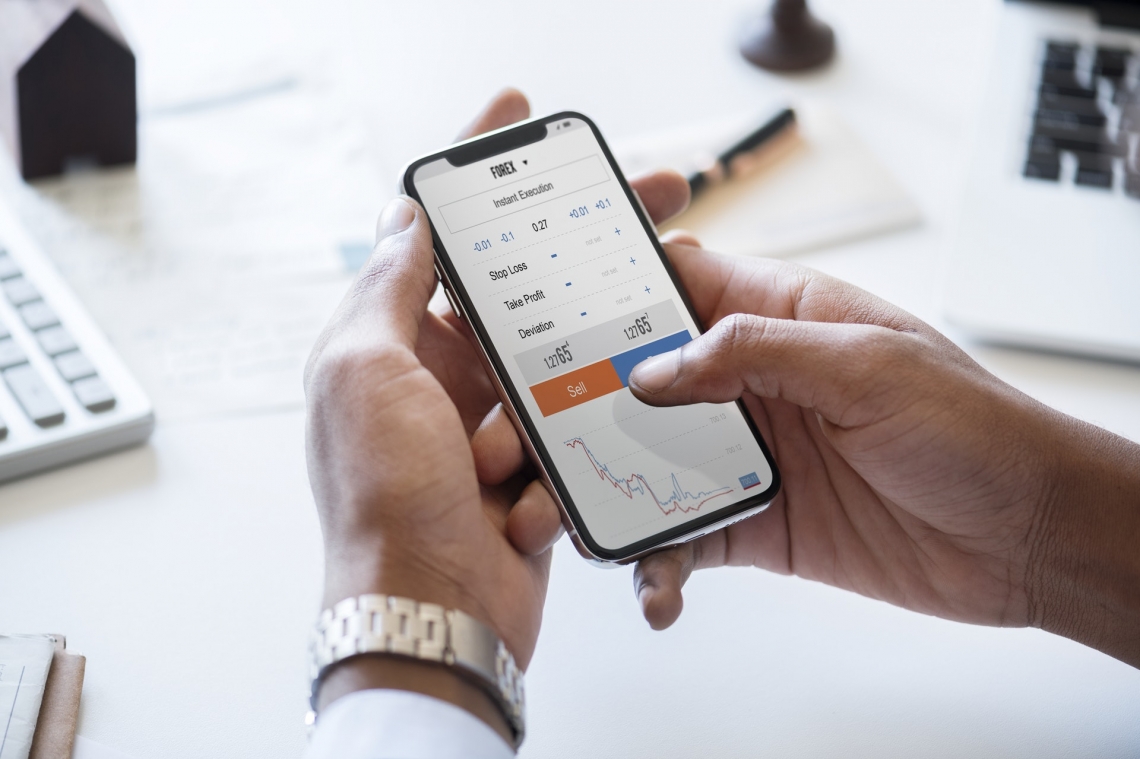
As Google continues to roll out the mobile first index, it’s important for your site to be responsive and optimized for all devices. Find out if your website is ready.
Many website owners were shocked and unprepared when Google officially announced its focus on mobile-first indexing in March 2018. Google spent more than a year preparing for this change, but numerous webmasters failed to update their sites during this time. If you haven't already optimized your site for mobile-first indexing, find out why this SEO practice matters and how you can create a mobile-friendly site.
What is Mobile-First Indexing?
Mobile-first indexing organizes search results based on their mobile layouts. Google uses this approach for all searches, even if they come from a desktop computer or laptop rather than a smartphone or tablet.
Google does not share its indexing algorithm with the general public, but SEO experts still have a strong grasp of how the popular search engine ranks websites. Years ago, Google focused on desktop optimization. As mobile searches slowly increased, Google encouraged website owners to create desktop-friendly and mobile-friendly content. As of 2018, mobile searches via Google outnumber desktop searches.
Does that mean you should only optimize your site for mobile viewing if you want to keep Google happy? No, definitely not. Google expects highly ranked websites to have the same content on the mobile and desktop versions of their sites. This includes metadata, text, and images.
Why Is Mobile-First Indexing Important?
If you want to attract new visitors, you must optimize your site for mobile use. Otherwise, customers might find competitors rather than your site. That's because more than 50 percent of organic searches come from mobile devices, and Google accounts for a whopping 96 percent of those searches.
Google tracks and embraces search trends, and its ranking algorithm reflects this. Mastering mobile site optimization is a must if you want a decent Google ranking, especially since smartphone and tablet traffic shows no immediate sign of declining. Mobile-first indexing focuses on content and layouts that benefit mobile users, which makes sense since that's where the bulk of search engine traffic originates.
What Are Some Signs I Need to Improve My Mobile Indexing?
Sometimes it's difficult to pinpoint issues that affect your site's mobile indexing rank, so you may need help from an SEO or SEM expert. A specialist can help you identify mobile-indexing issues by running speed tests, checking your site's bounce rate and reviewing metadata. You may also need additional diagnostics done on your website.
If you prefer to optimize your site without help, check for the following issues from a mobile device:
- Slow loading speed
- Distorted text or graphics
- Unresponsive links or pages
- Advertisements that are too large or small
- Missing content or search functions
- Audio delays with videos or podcast recordings
You need your site to function as smoothly on a mobile device as it does on a desktop computer. If it doesn't, then you need to make some changes in order to achieve top rankings.
How Do I Optimize My Site for Mobile-First Indexing?
Every site requires unique adjustments; there's no one-size-fits-all formula for mobile optimization success. Review your site for potential issues like the ones mentioned above or have an SEO specialist help you. After you identify concerns, fix them as quickly as possible. This shows Google's search bots that you run a viewer-friendly website with information that benefits your visitors.
Not sure how to fix the issues affecting your site's mobile-first indexing? You may need to clean up HTML, CSS or JavaScript. When implemented correctly, these website essentials help your site operate smoothly and display easy-to-see graphics and text.
If your coding looks fine, you might have to replace banner ads or marketing pop-ups. Sometimes you can do this by installing new plugins, but it depends on your site's layout. It's wise to seek assistance from an optimization expert well-versed in mobile-first indexing trends. This gives you insight regarding whether your site needs a complete overhaul or a few simple tweaks.
Does Desktop Optimization Still Matter?
Mobile content matters, but that doesn't mean you can abandon your site's desktop-ready layout. This is especially important if the bulk of your traffic comes from desktop users despite recent mobile search trends. You can track traffic sources via Google Analytics if you are unsure about where your traffic comes from.
What Happens if I Ignore Google Mobile-First Indexing Trends?
Google has made it clear that mobile readiness matters when it ranks sites. If you ignore mobile-indexing trends, Google might penalize your site. You may find your site buried under thousands of similar websites when a Web user searches a niche-related keyword, and that's bad news if organic searches account for a large chunk of your traffic each month.
It doesn't matter if you have brilliant content, vivid images or high-traffic keywords if your site isn't mobile-friendly. Google values mobile-compatible content, so you may lose traffic to competitors with highly optimized sites.
Help - I Have No Clue How to Optimize My Site for Mobile Viewing
Many website owners feel overwhelmed when they attempt to optimize a site for mobile-first indexing, so you aren't alone. Reach out for help from a team of qualified experts so you can optimize the performance of your website. Have a website specialist carefully examine every part of your site, from coding to graphics, so you know what requires improvement. You can make these changes on your own or ask the website specialist for assistance.
You've worked hard to develop your brand, and you deserve to be noticed. Make sure your site features a mobile-friendly layout that loads quickly so your visitors don’t seek out competitors.
To get started, contact one of our recommended best SEO companies to learn how to make your mobile site the best it can be.